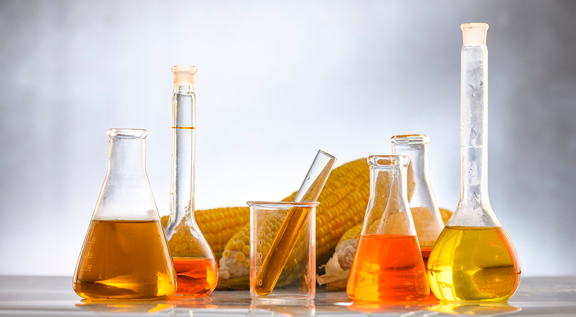
Image: Pixabay
In ten years, corn ethanol production in the Center-South jumped from 37 million liters to 4.4 billion liters. The expansion of biofuel production from grain is expected to be even greater in the current cycle, representing 17% of the total volume of ethanol compared to 15% in the 22/23 harvest. With a focus on production in the states of Mato Grosso (75%), Mato Grosso do Sul (16%) and Goiás (9%), states that increase the competitiveness of ethanol where this scenario was previously unthinkable.
To learn a little more about this industrial process, directors and the team from the technical area of the Sugarcane and Bioenergy Industry Union (Unica) visited, for two days, the FS unit, in Lucas do Rio Verde (MT) . Associated with Unica, FS was the first unit in the country to produce corn ethanol.
{module Form RD}
With a carbon footprint close to that of sugarcane ethanol, the president of Unica, Evandro Gussi, highlighted that “nomenclatures describing the raw material for biofuels are unnecessary”. “We have Brazilian ethanol. Produced following the pillars of sustainability and low carbon, we are not interested in the raw material used in the energy drink. And the growth in corn ethanol production reinforces the importance of biofuel in the scenario of decarbonization of the transport matrix”, he highlighted.
Circular economy
Just like sugarcane, the corn ethanol production process is part of a circular economic chain, where the grain's full potential is transformed into bioenergy and food.
For the production of biofuel, only starch is used, so, at the end of the industrial cycle, proteins and fibers are transformed into DDG (intended for animal nutrition) and oil. Promoting the development of other rural activities, such as confinement livestock and poultry farming.
Another link driven by corn ethanol is the production of biomass, such as eucalyptus forests, used to generate electricity consumed by the unit.
Food sustainability
In Brazil, corn ethanol production differs from other countries due to the use of second-crop corn. The grain is cultivated after the production, mainly, of soybeans. “There is no type of competition between biofuels and food, but rather a sum process”, stated FS’s executive vice-president of Sustainability & New Business, Daniel Lopes.
Brazil is the largest corn producer in the world, with more than 150 million tons. Mato Grosso, the main producing state of corn ethanol, is responsible for more than 50 million tons of this volume. However, less than 10% is used to manufacture biofuel.
Source: Notícias Agrícolas










